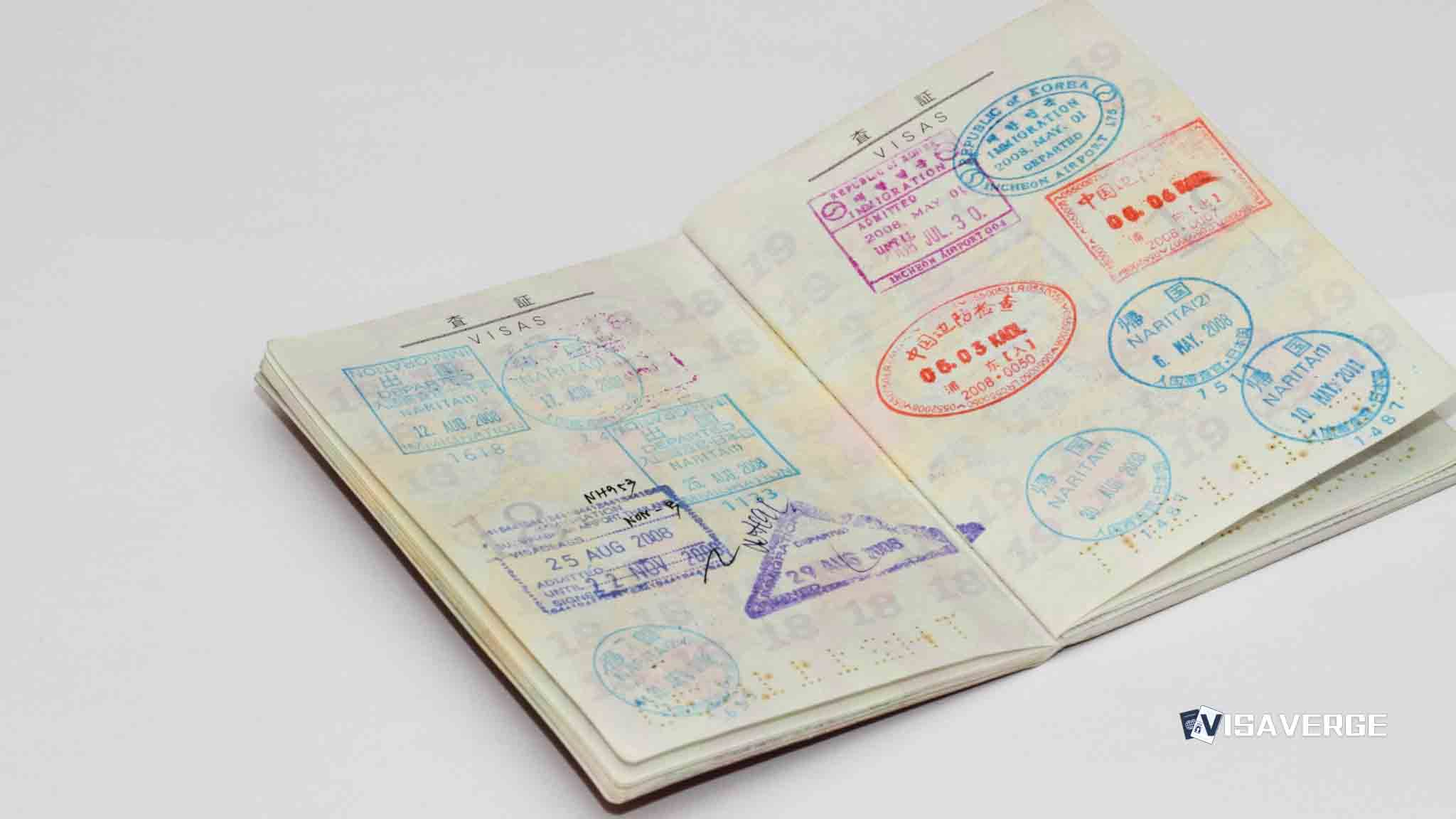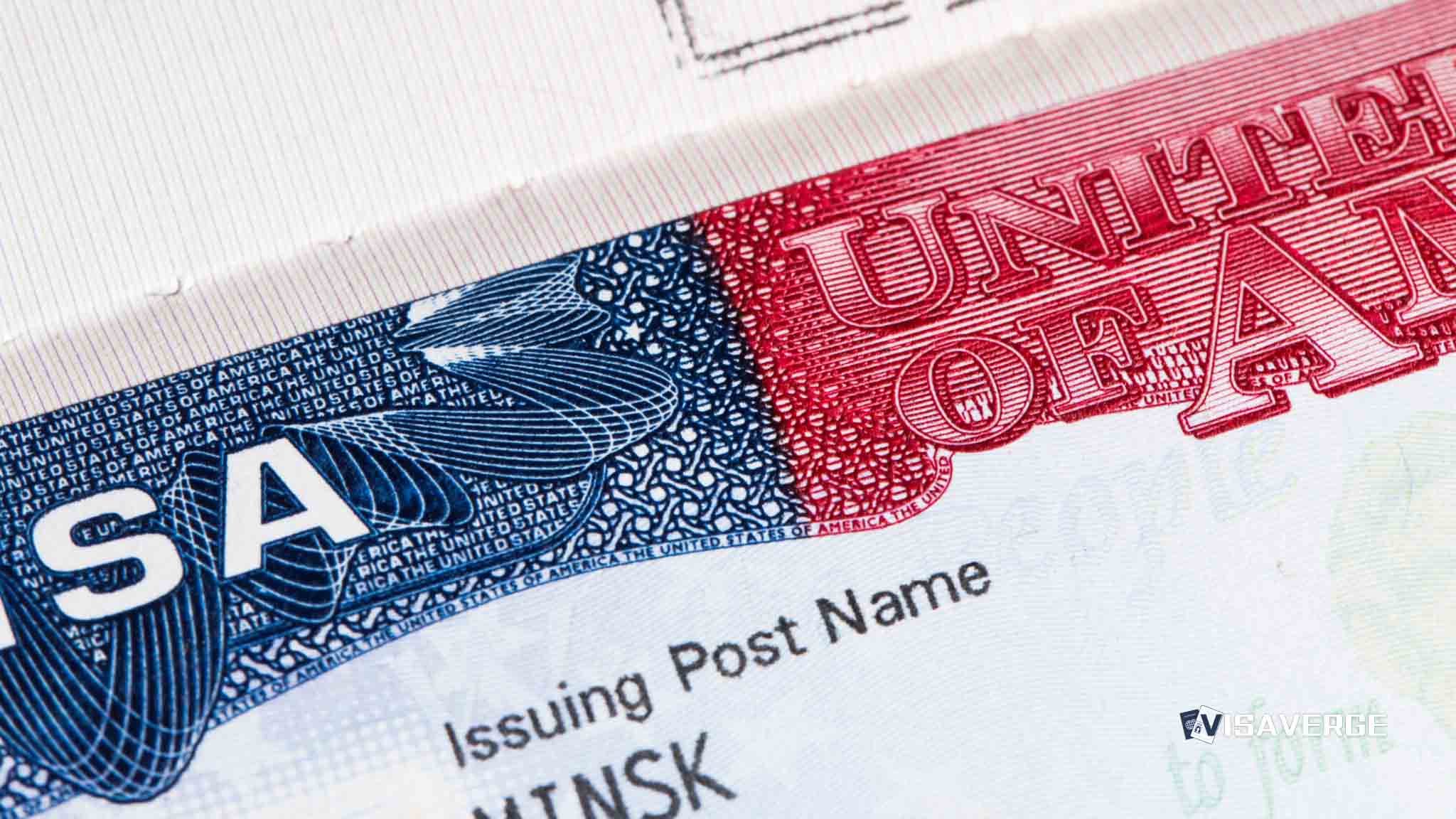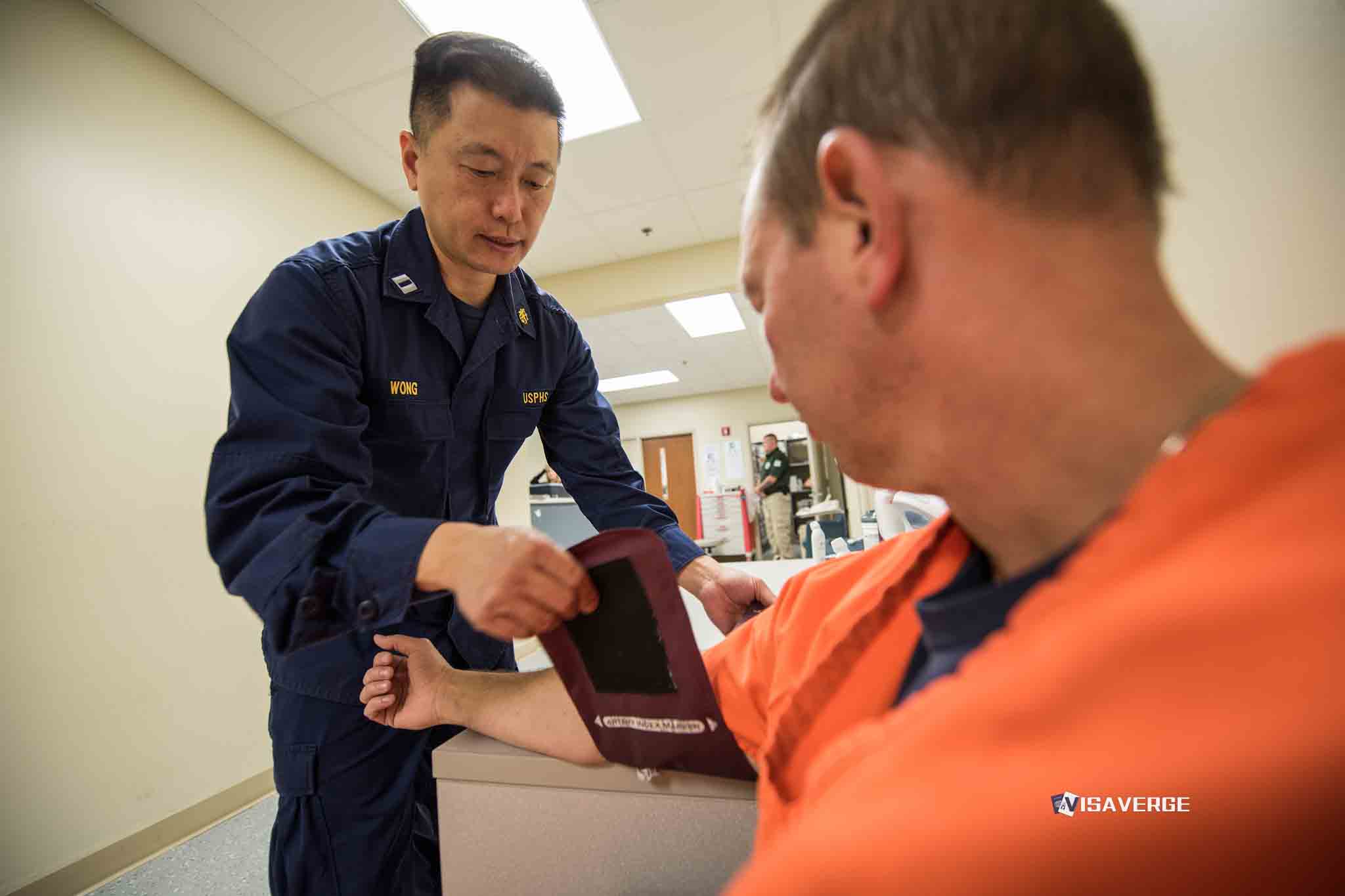(UNITED STATES) F-1 international students with approved Curricular Practical Training (CPT) can keep working through a government shutdown, because CPT authorization comes from their campus, not from a federal office that would close. University officials confirm that the authority to grant CPT rests with the Designated School Official (DSO), and that step remains available even when parts of the federal government suspend services due to funding lapses.
In short, if a student has a DSO-issued CPT listing specific dates and an employer, they can start or continue employment on those dates despite a shutdown.

Why CPT is Unaffected by a Shutdown
- CPT is a school-level authorization, not a USCIS adjudication or visa issuance.
- The DSO’s approval covers the job, the time period, and the course credit or requirement.
- Because the approval is local to the school, a government shutdown does not prevent CPT from taking effect.
- Students and employers should continue to follow normal DSO instructions and campus rules.
If the DSO has given a CPT green light for a set period, the student can report to work on the start date and must stop on the end date, shutdown or not.
The Campus Role: DSOs and University Offices
DSOs and international offices are the front line for CPT guidance. Their responsibilities include:
- Reviewing whether a planned job ties directly to the student’s major and fits school policies.
- Confirming timing details so students do not start early or work past the authorized end date.
- Issuing the CPT authorization that employers rely on for hiring and payroll.
Because this is a campus-based decision, it continues during a shutdown — no separate federal approval is required.
Common Confusion: CPT vs OPT and Consular Services
- Students sometimes confuse CPT with Optional Practical Training (OPT). OPT requires a separate federal filing; CPT does not.
- Some U.S. consulate visa services abroad may slow or delay appointments during a shutdown. These consular delays are separate issues and do not pause CPT for students already in the United States with valid F-1 status.
- CPT is a school-level authorization tied to the student’s degree program while the student is physically in the U.S.
What Employers Need to Know
- Employers should rely on the student’s DSO-issued CPT authorization as proof of work permission for the listed job and date range.
- Normal hiring steps still apply, such as collecting I-9 documentation.
- No extra shutdown-related federal paperwork is required for CPT.
- If employer compliance teams are unsure, the student can direct them to the school’s international office for confirmation.
Checklist for Students Before Starting CPT
Students should verify three key items with their DSO:
- The CPT approval lists the correct employer.
- The start and end dates match the offer letter and academic term requirements.
- The job aligns with the major field of study as required by CPT rules.
Once these items are confirmed, the job can begin even during a shutdown.
Travel and Consular Risks
- Traveling abroad before a CPT start date carries risk if consulates slow visa issuance.
- If a student is outside the U.S. and needs a new visa sticker to return, consular delays could push back the CPT start date.
- That is not a CPT problem but a consular processing delay.
Practical advice:
– If travel is optional and a shutdown looks likely, students may want to remain in the U.S. until they have started and settled into their CPT role.
– For necessary travel, plan buffers and discuss plans with the DSO and employer in advance.
Campus Reminders and Best Practices
International offices typically remind students at the start of each term to:
- Submit CPT requests early.
- Include a complete job offer letter.
- Confirm course enrollment tied to practical training rules.
A shutdown does not change these instructions; if anything, early planning becomes more valuable because related appointments (e.g., Social Security) may take longer.
Switching Employers or Extending CPT
- Switching employers during CPT requires a new DSO review and a new CPT authorization for the new employer and dates.
- Extending CPT also requires DSO approval and may hinge on academic enrollment or program rules.
- The shutdown does not change these review requirements.
Communication Steps for a Smooth Start
Students should:
- Share the DSO’s CPT approval with HR before the first day.
- Confirm first and last days with HR and the supervisor.
- Ask HR if they need a copy of the DSO notice for their records.
- Check payroll timing, especially if awaiting a Social Security number.
- Keep contact details up to date with the school for quick communication.
Employers should:
- Store the DSO’s CPT authorization and calendar the end date.
- Avoid asking students to work outside approved dates or take on roles at different locations without DSO/HR checks.
- Keep a copy of student confirmations and correspondence in case of later questions.
Administrative and Practical Considerations
- A shutdown can slow consular services and some appointment availability, but it does not revoke CPT authorization issued by the DSO.
- Social Security appointments or issuance may be delayed; payroll can sometimes begin with a receipt for the SSN application if company policy allows.
- State-level appointments (e.g., driver’s license) might be slower during uncertain periods — plan extra time.
Organizational Advice for Schools and Employers
For schools:
– Encourage early submissions and publish checklists for CPT requests.
– Typical checklist items:
– Job offer letter (duties related to the major, location, start/end dates, supervisor contact)
– Proof the role is part of the curriculum
– Evidence of course enrollment tied to practical training (if required)
For employers:
– Keep clear records and HR documentation.
– Provide supervisors with guidance to check CPT limits before assigning new tasks.
Important Takeaways and Reassurance
- The core CPT rules remain unchanged during a shutdown: work only within the approved dates and for the named employer.
- CPT approval is a campus process. The DSO’s signature is the operative trigger for CPT work authorization.
- With the DSO’s CPT authorization in hand, a student can start work as scheduled, even amid federal funding disputes.
“Your CPT is school-authorized and not paused by the government shutdown.” — A short note like this from DSOs or HR can calm nerves and prevent unnecessary onboarding delays.
Quick Practical Steps (Summary)
- Confirm CPT approval with the DSO (employer, dates, academic link).
- Share the approval with employer HR and keep a copy in your records.
- Plan extra time for Social Security and state-level appointments.
- Avoid non-essential travel before the start date if consulate delays are possible.
- Keep DSO contact info handy for employer verification.
Additional Resources
For a plain-language overview of CPT and the DSO’s role, see the Department of Homeland Security guidance: DHS Study in the States: Curricular Practical Training.
This official guidance is a helpful reference for students and schools even while other news dominates the headlines.
Edge Cases: Travel, Dependents, and Family Plans
- A prolonged shutdown could affect family members’ visa interviews abroad or delay travel plans.
- These consular effects do not change the student’s CPT right inside the U.S., but they can affect family attendance at events or return timing.
- Set expectations with loved ones and avoid non-refundable bookings if attendance depends on consular processing.
Final Advice
- Gather paperwork, talk with your DSO, and submit a complete CPT request well before your start date.
- Ask for written confirmation and share it with HR early.
- If travel is planned, discuss timing with the DSO and consider delaying optional travel until after you’ve started CPT.
The central theme is clear and steady: a government shutdown may create noise and delays for some federal services, but it does not block CPT. The DSO remains the decision-maker. Once the DSO approves CPT for an employer and date range, the student can work on those dates — shutdown or not.
Frequently Asked Questions
This Article in a Nutshell
Curricular Practical Training (CPT) is a school-level work authorization for F-1 students, issued by the university’s Designated School Official (DSO) and recorded in SEVIS. Because CPT approval is an institutional action, a federal government shutdown does not prevent students with valid DSO-issued CPT from starting or continuing employment for the authorized employer and dates. Employers should accept the DSO authorization as proof of work permission and follow normal hiring and I-9 processes. However, consular visa processing, Social Security appointments, and other federal or state services may slow during a shutdown, potentially affecting travel and payroll timing. Students should confirm employer details, dates, and academic links with their DSO, avoid optional travel before starting CPT if consular delays are likely, and share written CPT approval with HR to ensure a smooth onboarding.








